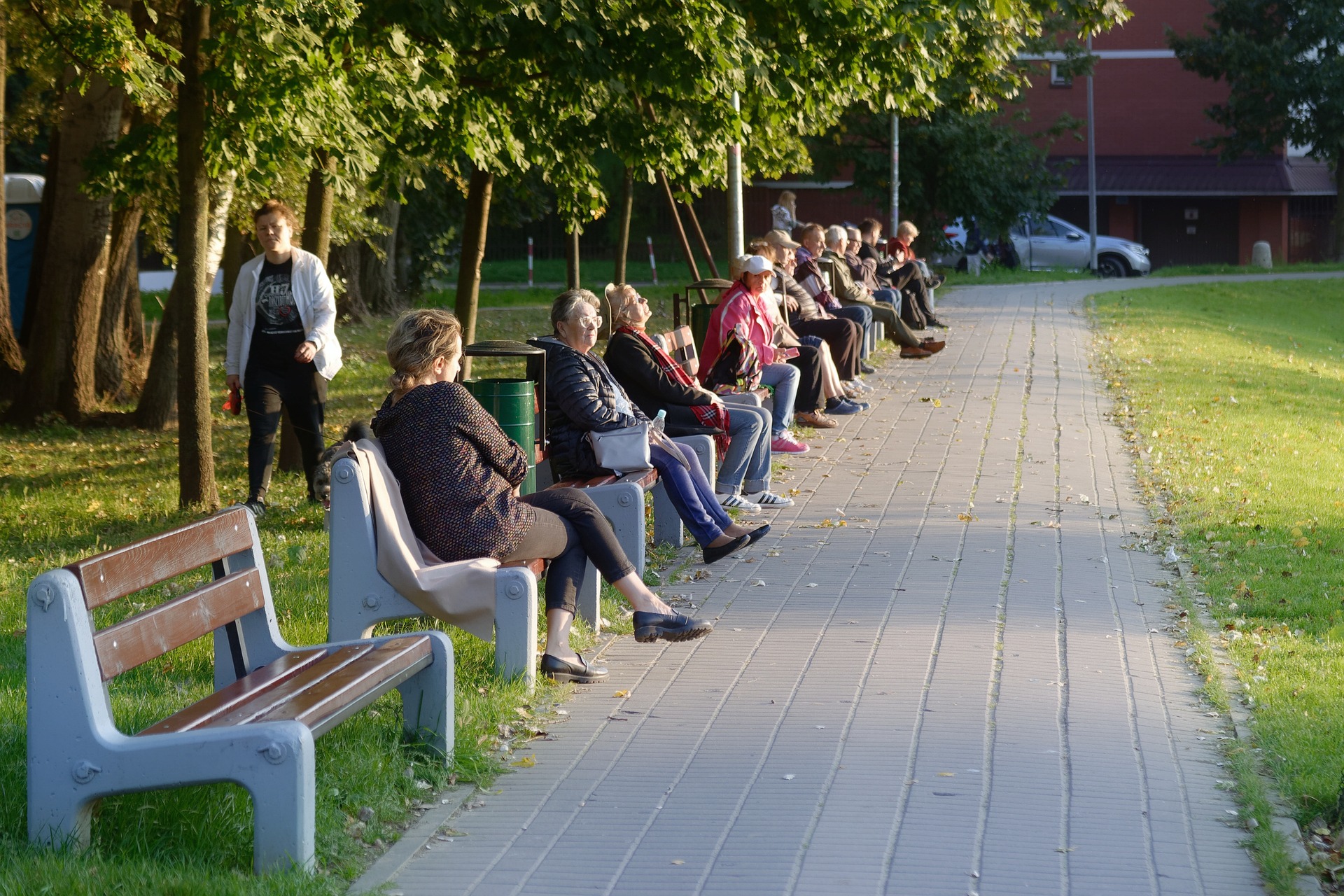The Intricacies and Influence of Neo-Tribalism in Contemporary Society
We live in an era of global connectedness, yet individuals are increasingly seeking a sense of belonging through smaller, more intimate groups. This phenomenon, known as neo-tribalism, is shaping our social fabric in fascinating ways. Read below to delve deeper into this compelling social trend.

Unraveling the Concept of Neo-Tribalism
Neo-tribalism represents the modern re-emergence of tribal behaviors, as people form close-knit communities based on shared interests, values, or identities. This concept is not a new phenomenon per se, but a resurgence of primitive societal structures, adapted to contemporary contexts. The origins of neo-tribalism can be traced back to the 1990s, spurred by French sociologist Michel Maffesoli’s work on postmodern tribalism. Maffesoli argued that the idea of the individual as an independent entity was giving way to a more collective identity, with people seeking solace in tribal-like communities.
The Cultural Shift towards Neo-Tribalism
The rise of neo-tribalism can be attributed to several societal trends. The digital revolution, for one, has transformed the way we connect, providing platforms for like-minded individuals to form virtual communities. The disillusionment with mainstream institutions and the desire for more personalized experiences are other factors contributing to this shift. Today, neo-tribalism is evident in various aspects of society, from consumer behavior to political affiliations, reflecting a broader cultural shift towards niche communities.
The Impact of Neo-Tribalism on Society
The influence of neo-tribalism is profound and far-reaching. On one hand, it fosters a sense of belonging and identity, offering emotional support and a sense of purpose. On the other hand, it can lead to polarization and division, as tribes often rally against perceived “others.” Furthermore, the rise of neo-tribalism has significant implications for marketers, as consumer loyalty shifts from brands to tribes.
Neo-Tribalism under the Sociological Lens
Sociologically, neo-tribalism underscores the human need for social connection and shared identity. However, the dynamics of these modern tribes are complex. Unlike traditional tribes bound by kinship or geography, neo-tribes are fluid and transient, often centered around shared experiences or interests. This flexibility can promote diversity and inclusivity but also instability and fragmentation.
Charting the Future of Neo-Tribalism
As society continues to evolve, so will the nature of neo-tribalism. The current global challenges, such as climate change and social inequality, are likely to spur the formation of new tribes, united by shared concerns and collective action. Understanding the nuances of neo-tribalism will be crucial in navigating the future social landscape.
In conclusion, neo-tribalism represents a compelling paradigm of social organization in the contemporary world. By providing a sense of belonging and identity, it shapes our societal fabric in profound ways. As we navigate this rapidly changing social landscape, it’s crucial to understand the dynamics of neo-tribalism and its implications for society at large.




